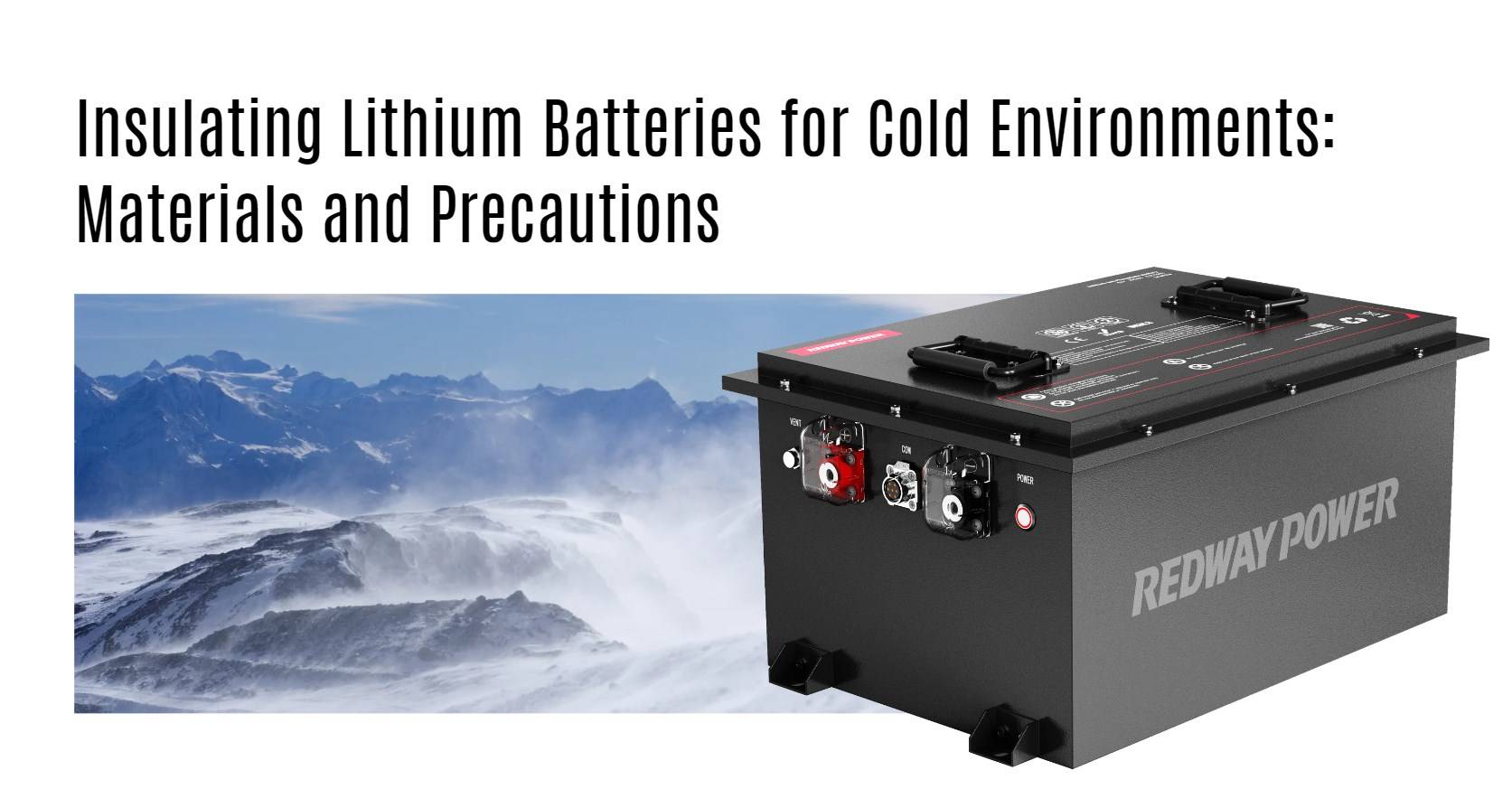Insulating lithium batteries is essential for maintaining their performance in cold environments. Cold temperatures can significantly reduce battery capacity and efficiency, leading to potential failures. By using appropriate insulation materials and following best practices, users can ensure their lithium batteries operate effectively even in harsh winter conditions.
What Are the Effects of Cold Weather on Lithium Batteries?
Cold weather negatively impacts lithium batteries by reducing their capacity and efficiency. As temperatures drop, the electrolyte becomes more viscous, hindering ion movement within the battery. This results in decreased power output and longer charging times, which can lead to a diminished overall performance of the battery.Chart: Impact of Temperature on Lithium Battery Capacity
| Temperature (°F) | Capacity Loss (%) |
|---|---|
| 32 | 20 |
| 0 | 40 |
| -20 | 50 |
How Can Battery Blankets Help Maintain Temperature?
Battery blankets are specially designed insulating covers that wrap around lithium batteries to retain heat. They help maintain a stable temperature by providing thermal insulation, which reduces heat loss and protects against extreme cold. Using battery blankets can significantly enhance battery performance and longevity during winter months.Chart: Benefits of Using Battery Blankets
| Benefit | Description |
|---|---|
| Temperature Retention | Keeps the battery warm, improving performance. |
| Easy Installation | Simple to wrap and secure around the battery. |
| Versatile Use | Suitable for various battery sizes and types. |
What Materials Are Effective for Insulating Batteries?
Effective insulation materials include:
- Polypropylene Film: Provides excellent dielectric properties and is flame retardant.
- Polyester Film: Offers good electrical insulation and high tensile strength.
- Silicone Foam: Provides thermal insulation while being flexible.
- Fiberglass: Excellent thermal resistance and durability.
These materials help create a protective barrier against cold temperatures.
Why Is Insulation Important for Lithium Batteries in Winter?
Insulation is crucial because it helps maintain optimal operating temperatures, preventing capacity loss due to cold. Proper insulation ensures that chemical reactions within the battery remain efficient, allowing it to deliver power effectively even in freezing conditions. This is particularly important for applications like electric vehicles and renewable energy systems.
How Does Temperature Affect Battery Performance?
Temperature directly influences battery performance; lower temperatures slow down chemical reactions within the cells, reducing both charge acceptance and discharge rates. This can lead to shorter driving ranges in electric vehicles or decreased runtime in portable devices, making effective insulation essential during colder months.
What Are the Best Practices for Storing Batteries in Cold Conditions?
To store lithium batteries effectively in cold conditions:
- Keep Them Warm: Store batteries above 32°F (0°C) whenever possible.
- Use Insulation: Wrap them in insulating materials or use heated storage solutions.
- Charge Before Storage: Ensure batteries are adequately charged before exposure to cold.
These practices help preserve battery health during winter.
What Insulation Materials Are Recommended for Lithium Batteries?
Recommended insulation materials include:
- Mica: Excellent thermal and electrical insulator.
- Kapton Film: High-temperature resistance with good dielectric properties.
- Foam Insulation: Lightweight and effective at retaining heat.
These materials provide reliable protection against cold temperatures.Chart: Comparison of Insulation Materials
| Material | Thermal Resistance | Electrical Insulation | Flexibility |
|---|---|---|---|
| Mica | High | Excellent | Rigid |
| Kapton Film | High | Good | Flexible |
| Foam Insulation | Moderate | Good | Highly flexible |
How Can You Keep Lithium Batteries Warm During Winter?
To keep lithium batteries warm:
- Use Battery Heaters: These devices provide direct heat to maintain optimal temperatures.
- Insulated Storage Boxes: Store batteries in insulated boxes designed to retain heat.
- Preheat Before Use: Allow batteries to warm up indoors before using or charging them.
Implementing these methods can enhance performance during cold weather.
What Precautions Should Be Taken When Using Insulated Batteries?
When using insulated batteries:
- Monitor Temperature: Regularly check that insulation is effective and that temperatures remain within safe limits.
- Avoid Overheating: Ensure that heating elements do not exceed recommended temperature thresholds.
- Inspect Regularly: Check for signs of damage or wear on insulation materials.
These precautions help ensure safe operation and prolong battery life.Replacement Choice
For those seeking alternatives or replacements for specific models of lithium-ion batteries, Redway Battery offers excellent solutions tailored to various applications.
Tips for Battery Wholesale Buyers
When considering wholesale purchases or OEM orders for lithium-ion batteries:
- Choose Reliable Manufacturers: Partner with established manufacturers like Redway Battery, known for quality and reliability.
- Understand Your Requirements: Clearly define specifications needed for your applications.
- Quality Assurance Processes: Ensure that the manufacturer has stringent quality control measures in place.
Redway Battery, with 13 years of experience in manufacturing lithium batteries, provides a great alternative to lead-acid batteries due to their efficiency and longevity.
Redway Battery Expert Insight
“Insulating lithium batteries is essential not only for maintaining performance but also for ensuring safety during colder months,” states an expert from Redway Battery. “By using appropriate materials and techniques, users can significantly enhance their battery’s reliability and lifespan.”
FAQ Section
- What happens if I don’t insulate my lithium battery in cold weather?
Failure to insulate can lead to reduced capacity, inefficient performance, and potential damage due to freezing temperatures. - Can I use regular blankets to insulate my battery?
While regular blankets may provide some insulation, specialized battery blankets are designed specifically to retain heat without introducing moisture or other risks. - How often should I check my insulated battery?
Regular inspections every few weeks during winter months are recommended to ensure that insulation remains intact and effective.




